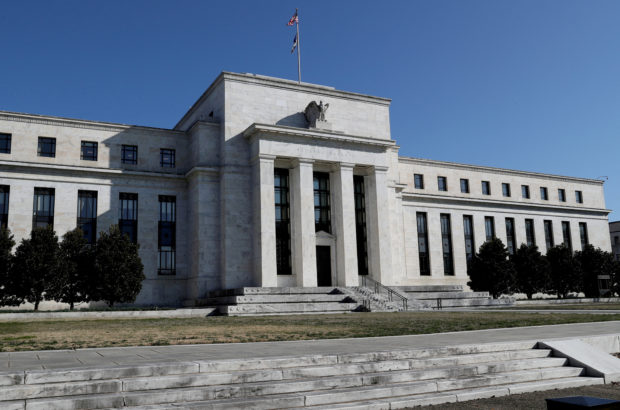[ad_1]

MUMBAI — Cryptocurrencies are akin to Ponzi schemes or worse and banning them is essentially the most wise choice for India to keep away from the menace they pose to monetary and macroeconomic stability, a deputy governor on the Reserve Financial institution of India (RBI) stated on Monday.
Monday’s feedback from T. Rabi Sankar adopted a equally withering evaluation of digital currencies by RBI Governor Shaktikanta Das solely days after the Indian authorities established a taxation framework for cryptocurrencies.
“Now we have additionally seen that cryptocurrencies will not be amenable to definition as a forex, asset or commodity; they don’t have any underlying money flows, they don’t have any intrinsic worth; that they’re akin to Ponzi schemes, and could also be even be worse,” Sankar stated in a speech.
Crypto exchanges and traders have been arguing for regulation of cryptocurrencies as an asset and the federal government’s current finances announcement to tax features from these has raised hopes that they won’t be banned.
Sankar, nonetheless, dismissed the suggestion that these extremely unstable digital cash must be regulated and as an alternative known as for an outright ban.
“Cryptocurrencies will not be currencies, or monetary property or actual property and even digital property. Due to this fact, it can’t be regulated by any monetary sector regulator. It isn’t doable to manage one thing that one can’t outline,” he stated.
“All these components result in the conclusion that banning cryptocurrency is probably essentially the most advisable alternative open to India.”
‘Nameless’
Sankar stated that cryptocurrencies have been developed to bypass the regulated monetary system and that he doesn’t settle for the argument that cryptocurrencies have to be permitted for blockchain expertise to thrive.
“The truth that they’re nameless, decentralized programs that function purely just about makes cryptocurrencies notably enticing to unlawful, illegitimate transactions,” he stated, including that blockchain expertise can nonetheless be promoted even when personal cryptocurrencies are banned.
“It must be doable to keep up a blockchain with none native cryptocurrency if transactions are authenticated centrally,” Sankar stated.
Illicit transactions involving cryptocurrencies totaled $14 billion final 12 months, Shankar stated, citing a Wall Avenue Journal report primarily based on a report by blockchain information platform Chainalysis Inc.
There are about 15 million to twenty million cryptocurrency traders in India, with complete holdings of about 400 billion Indian rupees ($5.3 billion), based on business estimates.
The RBI says the typical holding continues to be small at only one,566 rupees, which signifies that “wealth loss, if it’s a chance, is prone to have an effect on solely a small fraction of those traders”. ($1 = 75.6232 Indian rupees) —Reporting by Swati Bhat and Nupur Anand Modifying by David Goodman
[ad_2]
Source link

















